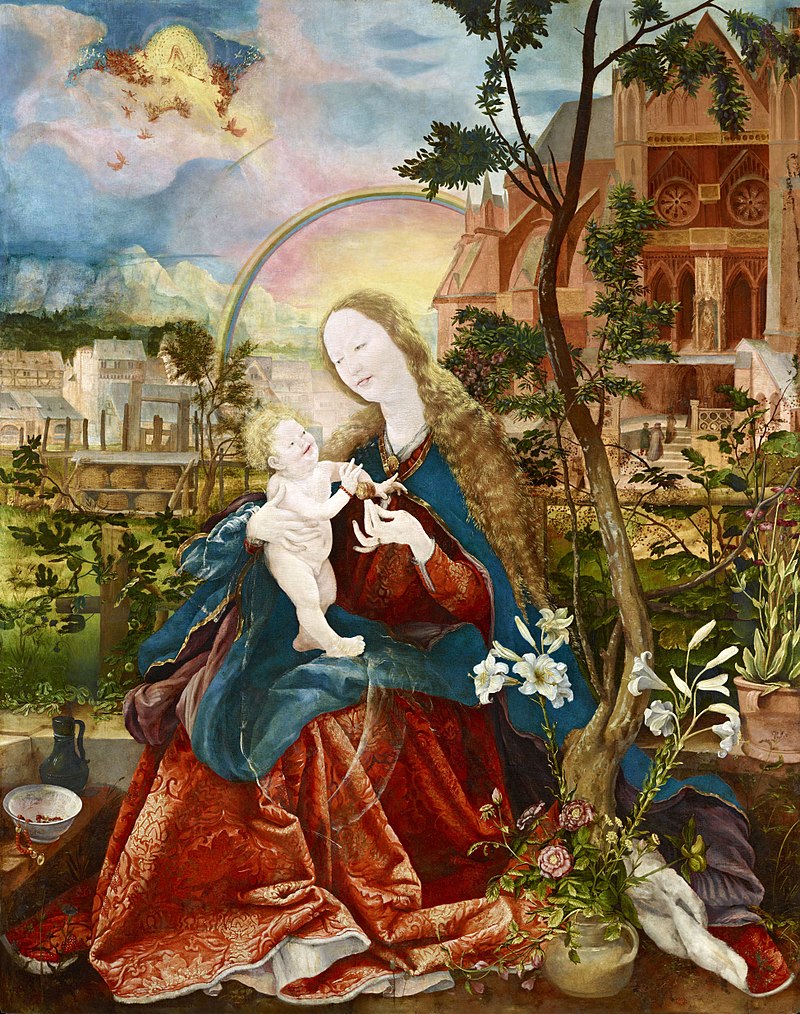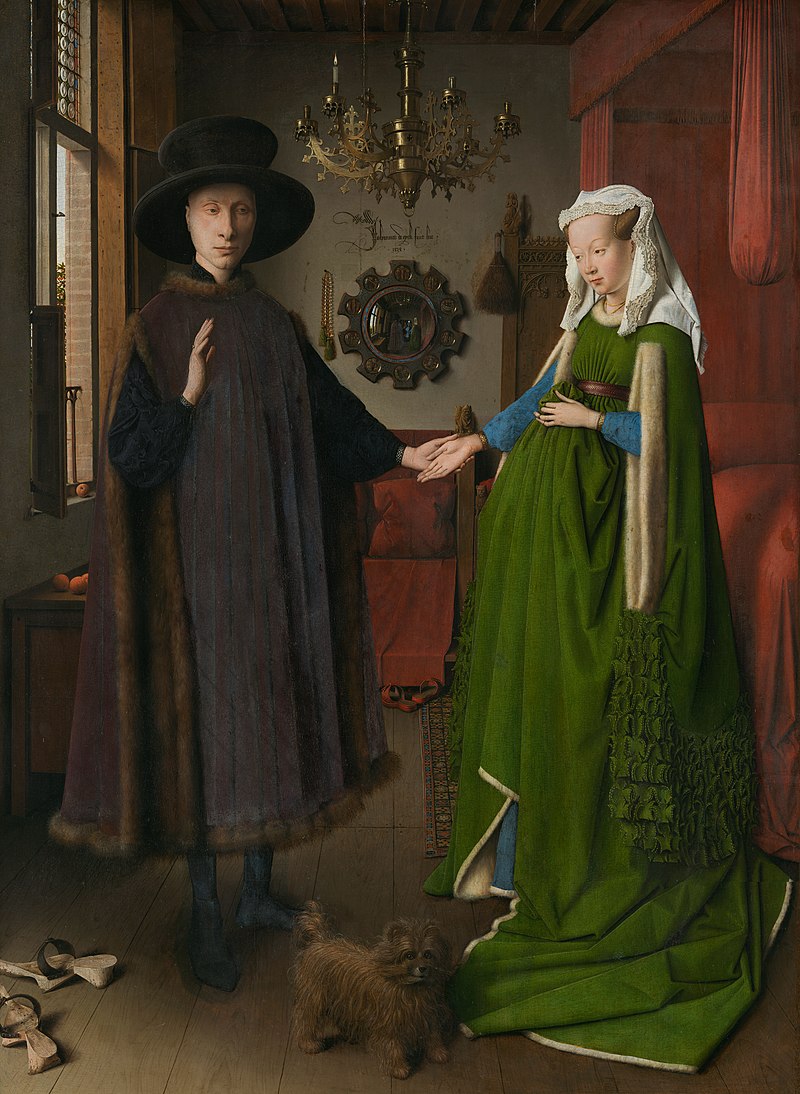Girl with a Pearl Earring, painted by Vermeer in 1665, might just be the most famous and beloved portrait in the world.
But who is the girl?
Well, that's the thing. There was no girl, because this isn't a portrait...

Girl with a Pearl Earring, painted by Vermeer in 1665, might just be the most famous and beloved portrait in the world.
But who is the girl?
Well, that's the thing. There was no girl, because this isn't a portrait...

Johannes Vermeer (1632-1675) is one of the greatest painters who ever lived, though in his lifetime he wasn't known beyond his hometown.
He was born in Delft during the Dutch Golden Age, a period of extraordinary cultural, political, and economic flourishing in the Netherlands.
Vermeer, like many of his contemporaries - and unlike artists in Catholic parts of Europe - generally stuck to so-called "genre paintings."
This means a scene from everyday life rather than a religious topic, which had been the dominant theme of art in Europe for centuries:

Hence the proliferation of wonderful Dutch landscape artists during the Golden Age, like Jacob van Ruisdael, who painted the real world unadorned and without the idealising, classical spirit of the Italian Renaissance and its successor movements.
Ordinary beauty.

There had been many extraordinary genre painters, such as Jan van Eyck with his Arnolfini Wedding or Brueghel the Elder and his countryside jollies.
It was the farmer, the maid, and the merchant - rather than figures of Classical and Biblical history - that they depicted:


In this way Vermeer represents the continuation of a rich tradition of genre paintings in Northern Europe, and one which perhaps reached its height during his lifetime.
What made Vermeer special was his mastery of colour and light, his delicacy and his mystery.

Vermeer worked slowly and with quality materials.
He used pigments such as ultramarine (extremely expensive), vermillion, lead-tin yellow, and umber - playing these rich colours off against or over one another - to great effect, combining vivid figures with plain backgrounds:

And, beyond his careful balancing & mixing of colours, Vermeer always held back from introducing too many details.
Once his style had matured, Vermeer kept his interiors simple.
The united effect gives his domestic scenes an air of great refinment and harmony:

Just consider another typical domestic genre painting from the same era.
This is a wonderfully comic scene painted by Jan Steen in 1663 - but it's all action and movement, and even well-composed, the frame is flooded with detail.

Now look at something like this, Lady Writing a Letter with her Maid.
Vermeer's scenes are gentle & uncomical; they look quiet.
And there's almost something mysterious about Vermeer, slightly ethereal, in his simple, careful balances of light and colour.
